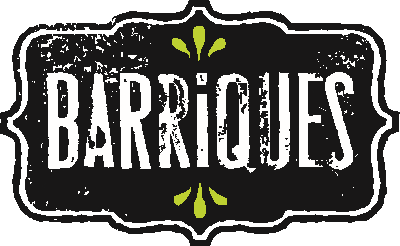If you buy decaf coffee somewhere other than at Barriques, there is a chance that it was decaffeinated using methylene chloride, a chemical routinely used in solvent-based decaffeination. And folks, that is probably not a good thing. In fact, the EPA banned it from certain consumer applications, such as paint remover, as recently as last year. That’s good news if you are in the market for paint remover, but bad if you are not discerning about your choice in decaf. Unfortunately, it has been over 35 years since methylene chloride tolerance in decaffeinated coffee has been federally evaluated. The Clean Label Project, a nonprofit focused on health and transparency in consumer product labels, set about to change that and their findings have sent ripples throughout the world of coffee. Their white paper, which you can find here, is actually an easy read and a interesting primer on Decaf coffee in general.
All of the decaf coffee we sell at Barriques is decaffeinated using the chemical-free water process method of decaffeination. You see this noted on our single origin bags by the ‘MWP’ in the name for ‘Mountain Water Process’ or SWP for 'Swiss Water Process'. The decaf blends we make from these coffees are also all water processed decafs as well. Potential health effects aside, we have always felt the water process method resulted in a coffee that wasn’t stripped of flavor. It may cost a bit more, but there is no question it is worth it and certainly has us feeling better when the FDA has come out and said that methylene chloride is carcinogenic in animals when inhaled and may be carcinogenic to humans. The Clean Label Project put it best when they wrote, “While this chemical is currently considered acceptable to the FDA, is the presence of a banned active ingredient in paint stripper in your decaf coffee acceptable to you?”









